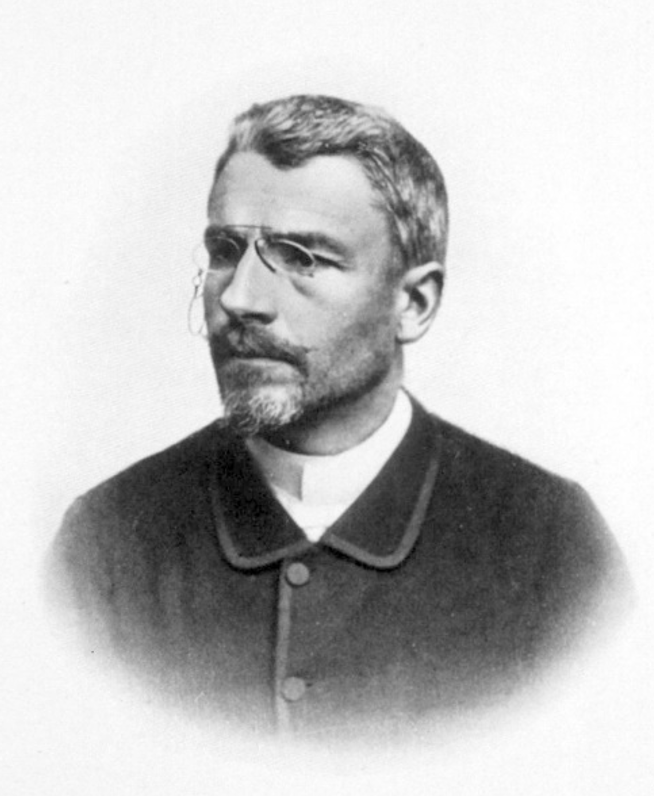Who was Stephane Leduc, the father of synthetic biology?
March 2, 2021, George Angelakis
As all teams are slowly yet steadily getting into track for this year’s IGEM competition it seems rather important to take a look at the life and works of the man who first described the hugely diverse and surprisingly interesting field of synthetic biology: Stéphane Leduc.
After all we cannot disregard the fact that 111 years since the establishment of synthetic biology, the largest, most popular international competition in this field is bound to occur in Leduc’s birthplace.
 Stéphane Leduc was born the 1st of November 1853 and from a very young age became extremely interested in the fields of biology and technology. In a time where such disciplines were looked down on, Leduc was determined to contribute, in any way he could, to the understanding of the chemical and physical mechanisms of life. Soon enough, he followed his calling and started thoroughly studying his fields of interest.
Stéphane Leduc was born the 1st of November 1853 and from a very young age became extremely interested in the fields of biology and technology. In a time where such disciplines were looked down on, Leduc was determined to contribute, in any way he could, to the understanding of the chemical and physical mechanisms of life. Soon enough, he followed his calling and started thoroughly studying his fields of interest.
Besides the introduction of the premise of synthetic biology, he was one of the precursors of external radiotherapy as he underlined the value of X-rays in oncology. It was during this time as a researcher that he became good friends with Marie Curie. Simultaneously he was keenly interested in the mechanisms of diffusion and osmosis. Later, as a professor at the School of Medicine of Nantes, he dedicated many of his time in studying osmotic crystallisation and the physiological effects of electric current on cells and organisms.
A true visionary of his time, Leduc believed that it in order to appreciate biological processes one had to approach such efforts from a physical perspective, thus he constructed chemical models to try to explain development and growth; these would typically involve ingenious combinations of chemicals to produce systems which mimicked the appearance and mechanisms of living processes such as karyokinesis.
Nowadays many people wrongly regard Jacob and Monod as the fathers of synthetic biology but it was in 1910 (more than half a century before their works) when Leduc, in his book “Physicochemical theory of life and spontaneous generations” introduced the term of synthetic biology and set the very basic foundations upon which every other later work can be wind up upon.
Since 1910 synthetic biology has come an impressively long way. Leduc was indeed a great visionary and there is no doubt that he’d be proud to see that his very own field has managed to establish itself as one of the largest, most important fields of biology of our times. While all iGEM teams are closing in on their 2021 projects it seems paramount to acknowledge the man whose entire work and life is the reason we find ourselves here today.
Sources:
Leduc S (1912). Poinat A (ed.). La biologie synthétique, étude de biophysique
Tirard S. [Stephane Leduc (1853-1939), from medicine to synthetic biology]. Histoire des Sciences Medicales. 2009 Jan-Mar;43(1):67-72.
The Mechanism of Life by Stéphane Leduc (Freely available through “Project Gutenberg”)